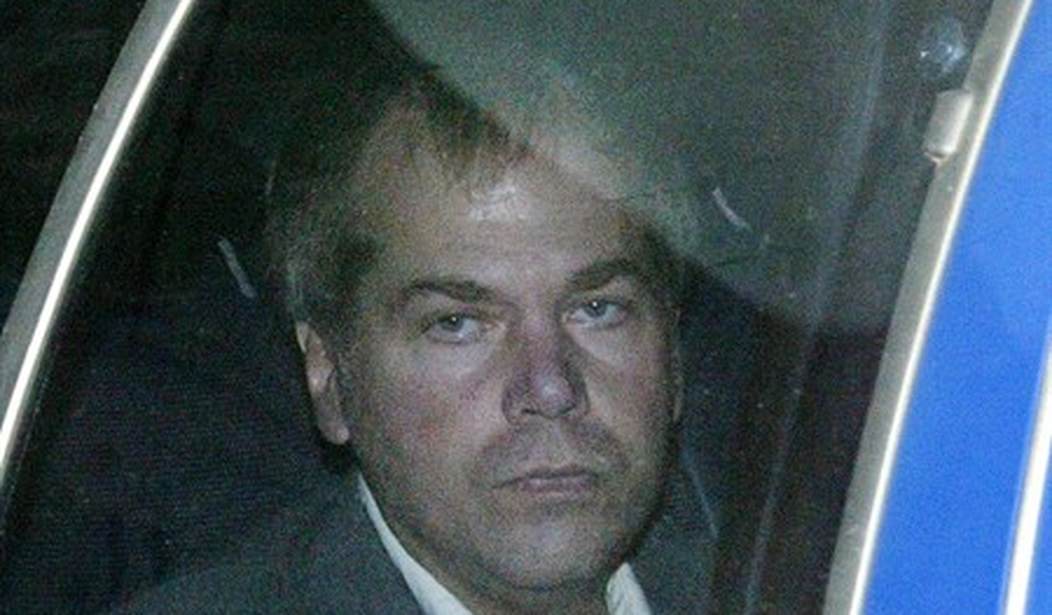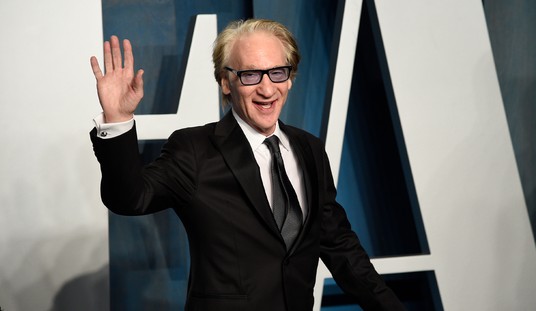We may soon find out. According to NBC’s local investigative reporter for DC, John Hinckley’s attorneys have made a deal for his “unconditional” release after 40 years of confinement. The news broke from a scheduled hearing to review the status of the would-be assassin of Ronald Reagan:
Unconditional release would begin in June 2022…. per attorneys at court hearing in DC federal court
— Scott MacFarlane (@MacFarlaneNews) September 27, 2021
ABC’s curtain-raiser this morning on the hearing clearly anticipated the possibility of such a decision. Its headline asked if Hinckley was “no longer a threat,” which thanks to the insanity verdict is the legal standard for his release:
Since Hinckley, 66, moved to Williamsburg, Virginia, from a Washington hospital in 2016, the court-imposed conditions have included doctors and therapists overseeing his psychiatric medication and deciding how often he attends individual and group therapy sessions. Hinckley also can’t have a gun. And he can’t contact Reagan’s children, other victims or their families, or actress Jodie Foster, who he was obsessed with at the time of the 1981 shooting.
A status conference is scheduled for Monday before U.S. District Judge Paul L. Friedman in Washington.
Attorney Barry Levine has asked for unconditional release, saying Hinckley no longer poses a threat. A 2020 violence risk assessment conducted on behalf of Washington’s Department of Behavioral Health concluded that Hinckley would not pose a danger.
The U.S. government opposed ending restrictions as of a May court filing, and retained an expert to determined whether or not Hinckley would pose a danger to himself or others if unconditionally released. Findings from such an examination have not been filed in court.
Considering that no one died (immediately) as a result of Hinckley’s actions, forty years is a long time — but that’s only by an act of providence. Hinckley gravely wounded Reagan, press secretary James Brady, DC police officer Tom Delahunty, and heroic Secret Service agent Tim McCarthy, who stepped in front of the second bullet aimed at Reagan. Brady spent the rest of his life disabled, however, and his death in 2014 was ruled a homicide resulting from Hinckley’s gunshot.
Hinckley’s insanity finding created an uproar at the time, and new laws passed regarding attempted assassinations as well as insanity pleas. Both were driven by the prospect unfolding today — that a political assassin (would-be or otherwise) would gain eventual release. But even Sirhan Sirhan’s parole application in California would impose supervision and conditions on his freedom. What does “unconditional” mean for Hinckley? It means the end to these restrictions:
Since Hinckley, 66, moved to Williamsburg, Virginia, from a Washington hospital in 2016, the court-imposed conditions have included doctors and therapists overseeing his psychiatric medication and deciding how often he attends individual and group therapy sessions.
Hinckley also can’t have a gun. And he can’t contact Reagan’s children, other victims or their families, or actress Jodie Foster, who he was obsessed with at the time of the 1981 shooting.
Jodie Foster would have reason to worry about the end of such restrictions, assuming that Hinckley hasn’t been rehabilitated or cured of his alleged mental infirmities. And why should we assume that he has been rehabbed? This isn’t a case of reasonable doubt any more; the burden of proof does not entirely rest on the prosecution for a release from such conditions, let alone from custody. However, it’s still incumbent on the state (or feds, in this case) to offer evidence of a threat, which may not be overwhelming or even convincing at this point. Any threat latent within Hinckley might not be apparent until he acts out, by which point it might be too late to do anything about it.
This script got written by the jury in Hinckley’s original trial. The good news is that Hinckley got held or supervised for forty years after the assassination, which is longer than some thought after the insanity verdict. Let’s hope it’s good enough, because hope is about all Foster and the other survivors can have now.







Join the conversation as a VIP Member